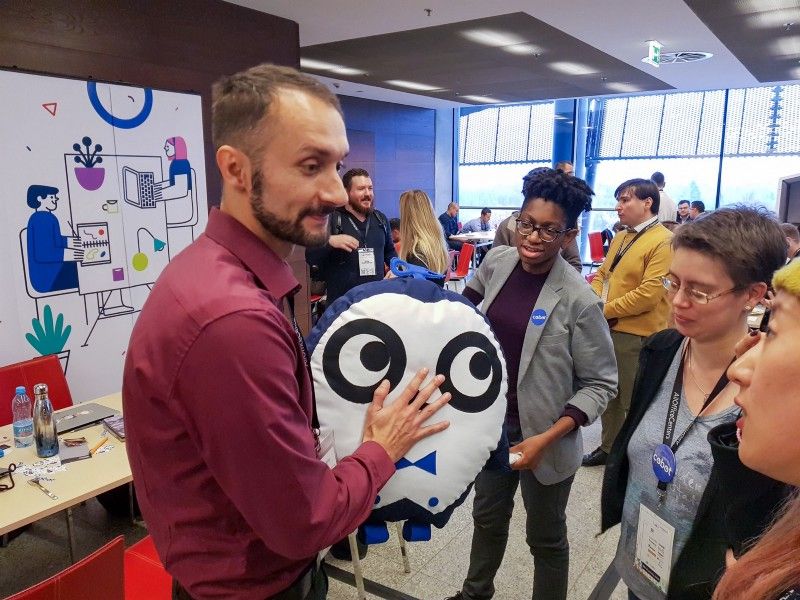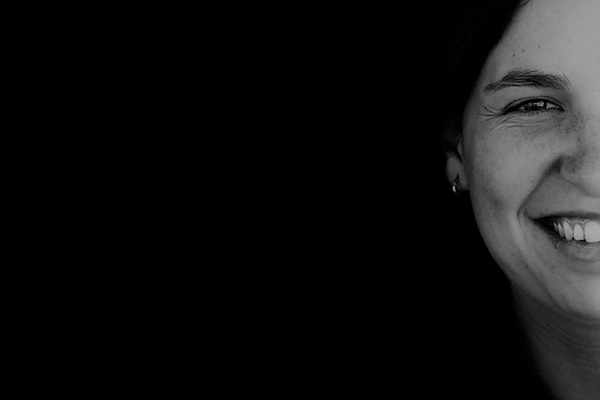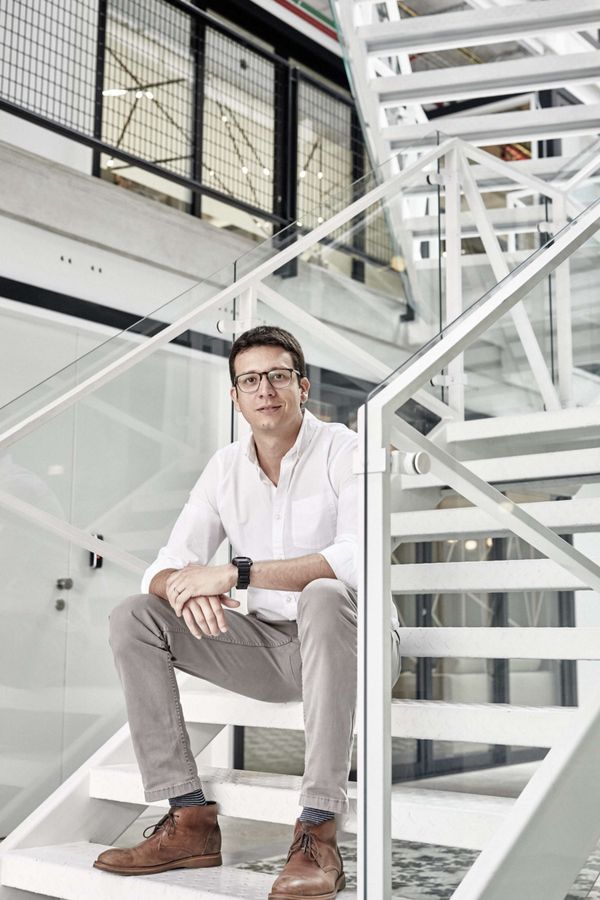Last week the Cobot team arrived in Warsaw for the 10th year of the Coworking Europe Conference — with a special guest in tow. We’d sponsored a pop-up coworking area and were ready to sit in on the different talks, participate in the unconference sessions, and mingle with the European and worldwide leaders of coworking. So what were our takeaways?
Pop-Up Coworking
People from all over the world joined us at the Cobot-sponsored coworking pop-up at the venue. We were able to see the different ways people used the space and give them a place to get some work done.
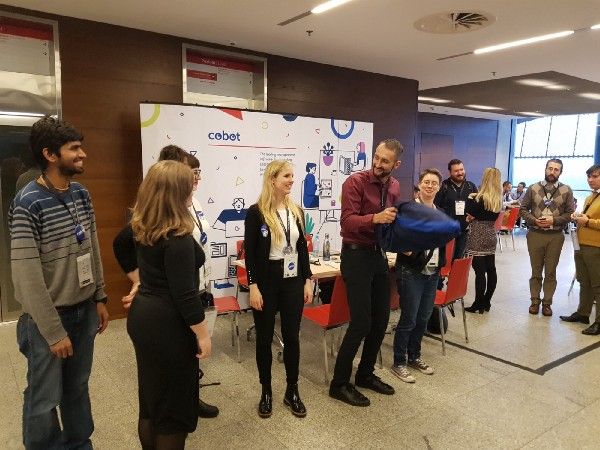
This also allowed to have some deeper conversations with friends and partners from the industry, the kind that you can really only have in person, which makes conference time so valuable to us. Among the topics we discussed on the sidelines: How to communicate the qualities of coworking spaces in Germany to ensure that potential coworkers’ expectations are met, and why women-only coworking space are a necessary step towards an equally represented workforce — not just a marketing tool.
You may have seen online that we didn’t come alone — we brought the Cobot with us! It was happy to chill at the booth and tag along with our CEO as they greeted conference guests. Don’t worry if you missed out on a meeting, we’ll be sure to bring the Cobot around to other conferences so everyone gets a chance to say hi! (Plus, the Cobot loves to travel 🛫)
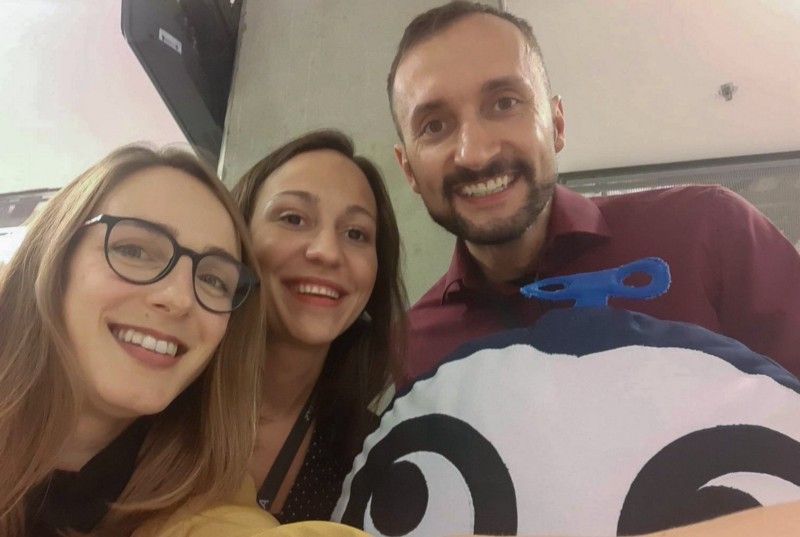
The Conference
Let’s talk numbers
The opening session was dominated by a dizzying tide of data about how rapidly coworking is overtaking Poland, and specifically Warsaw. Poland has the highest real estate investment growth in the European Union, and Warsaw’s low unemployment plus high real estate competition is driving an explosion of coworking.
Michal Olszewski, the City of Warsaw Deputy Mayor, estimates that the square meterage of coworking will double in the next two years.
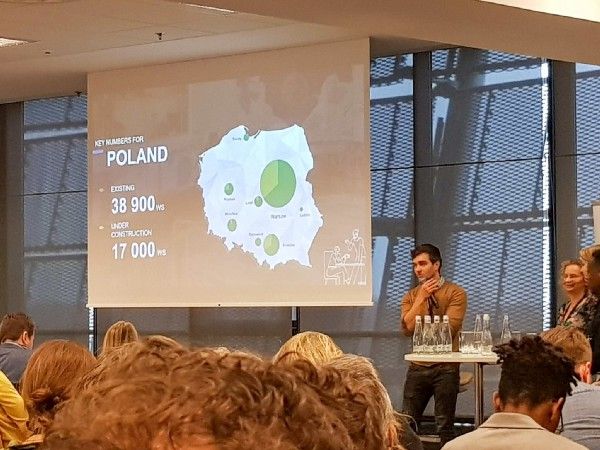
Despite this growth, coworking is not 100% ubiquitous yet. Marta Moksa from O4 Coworking tells us that only 12% of people in Poland even know what coworking is, and among students only 9% know! While 90% of freelancers know about coworking spaces, only 6% currently use them, the primary reason being that they don’t think it is worth paying for.
Carsten Foertsch from Deskmag shared the latest numbers from the global coworking survey. The headlines haven’t changed much since last year: Low prices continue to be one of the least useful selling points, 7% of members are planning on leaving their spaces in the next three months, and slightly fewer people are making the switch from home offices — most new growth can be attributed to small and large companies moving to coworking spaces.
The Talks
Here are some highlights from the talks we sat in on:
Social and community
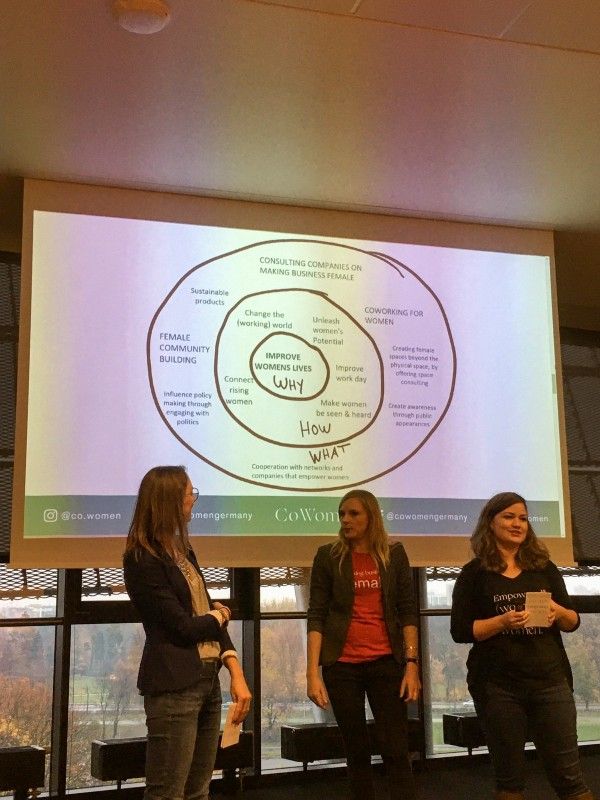
The team from CoWomen explored the dynamic of women-only vs. women-led coworking spaces, including the subtle and not-so-subtle ways they’re fighting for women’s representation.
Their achievements include bringing in professional and driven women to work in the space, providing free stock photos of their space to change the way women at work are perceived beyond CoWomen’s walls, they have a female leaders summit, and they go around to events and schools where they can talk about the benefits of women’s coworking.
During their Q&A, several interesting questions were raised. When asked about how they “empower men” to listen to their stories, they responded that while they’ve stopped trying to convince men who are antagonistic, some of their biggest cheerleaders are men and they’ve found lots of shared experiences to build off of. Another question focused on the gender pay gap, which is shrinking in the US but actually growing in Germany. They talked about two phenomena, one in which women in Germany take maternity leave but end up leaving their jobs, and about how the word feminism still has negative associations in Germany. There was lots to unpack and it was a very interesting discussion, we highly recommend going to one of the CoWomen talks if you get the chance.
Rural coworking got a chance to shine in a World Café format. As the makeup of rural communities changes, so too should the services that coworking spaces offer. Services, facilities, and community functions are more essential than they are in larger cities and operators need to be in touch with the outside community more.
There were four big reasons why rural coworking is not just a subcategory of coworking, but its own, important movement:
- It gives people a place with a sense of belonging.
- Building community gives you time. If you create that kind of community, other people are going to help each other.
- It will give you and your clients joy. Find your own sense of belonging and an environment that uplifts everyone.
- Provides great local impact and creates resilient enterprising communities. And ultimately, we live in a changing world, we should make a social impact.
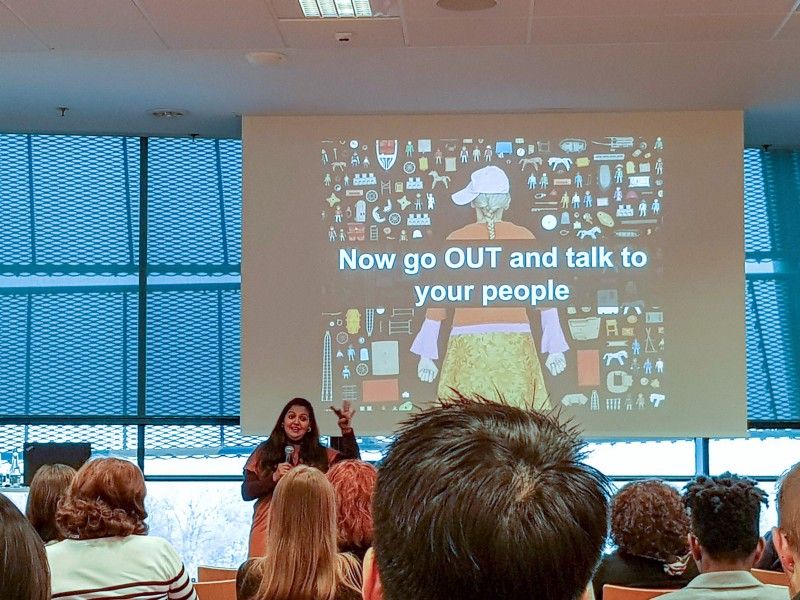
Design
In Space Design that Leads to Community Engagement led by Vandita Purohit, we were led through the process that created the notable Indian coworking space The Daftar (a space that we’ve written about before).
“People spend a large part of their lives at their place of work. Make it amazing!” -Vandita
Do an honest assessment and define their demographics and wants. Once you’ve thought through who you want in your space, and what they want (be specific! Not “a good place to work,” think desk size, color palette, type of furniture, layout of space), then it’s time to sit down and have a long talk with your architecture and design team to make sure that you’re all on the same page.
Her advice for when you’re putting a space together is to start with a blank canvas (literally use while primer on the walls) and imagine what you want members to feel as they walk in the door. The first few seconds are essential in whether or not they’ll decide to become a member.
Technology
In Free Tools for Coworking Spaces, led by Matthias Zeitler, he explained a whole host of tools they use to keep their space (Coworking Bansko) operating using entirely free software. It’s pretty remarkable! They have a few important advantages to keep in mind (it’s a small community, they don’t operate with walk-ins or other test memberships, and GDPR isn’t a concern), but some of the services they use are worth checking out:
- Wordpress for website and integrations
- Roomzilla for managing rooms (doesn’t support billing or tiered access, just manages availability)
- Notion for shared documentation (we use this at Cobot and can’t get enough of it!)
- Zapier for small automated tasks
- Facebook groups for events
- Hubspot email integration
- Franz for messaging across systems
- Trello for projects
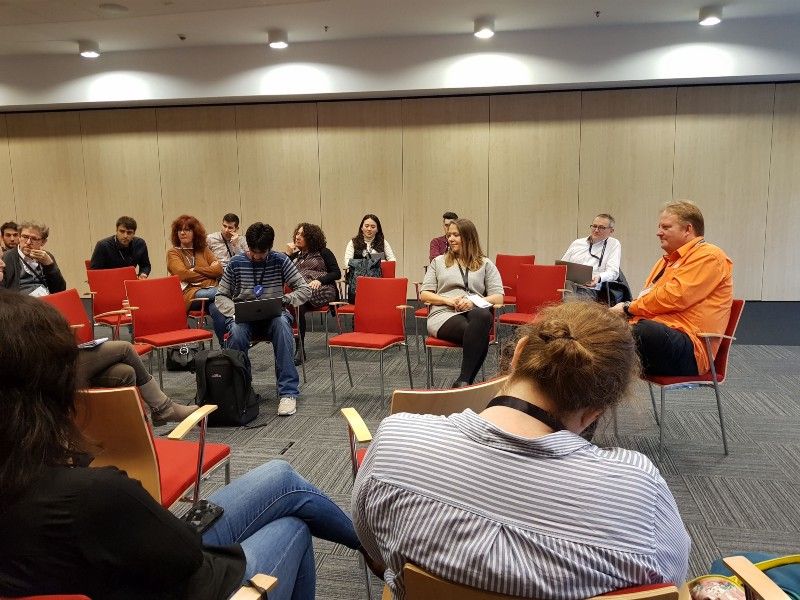
During the discussion, there was a good back and forth about when to use free tools and when to pay, and the advantages of both. Much of their system is reliant on members helping create and manage the system for free, which is less reliable than paid services. Some of the major advantages of a paid system are that very reliability, the level of customer service, and regular updates that fix issues that arise from the complicated network of systems.
Climate change is the largest issue facing the planet, and we all have a responsibility to use our coworking spaces to reduce our carbon impact. In Reducing the Carbon Footprint of Coworking Spaces and of the Community Through Car Sharing and Other Solutions Fiona Frank from the Green Elephant Cooperative detailed ways that they have brought their energy use to be 97% sustainable. It’s not all applicable to other spaces (for example, they are located near a community micro hydro turbine) but their ethos, consumption, and technological solutions are at their heart of their efforts and can be implemented anywhere.
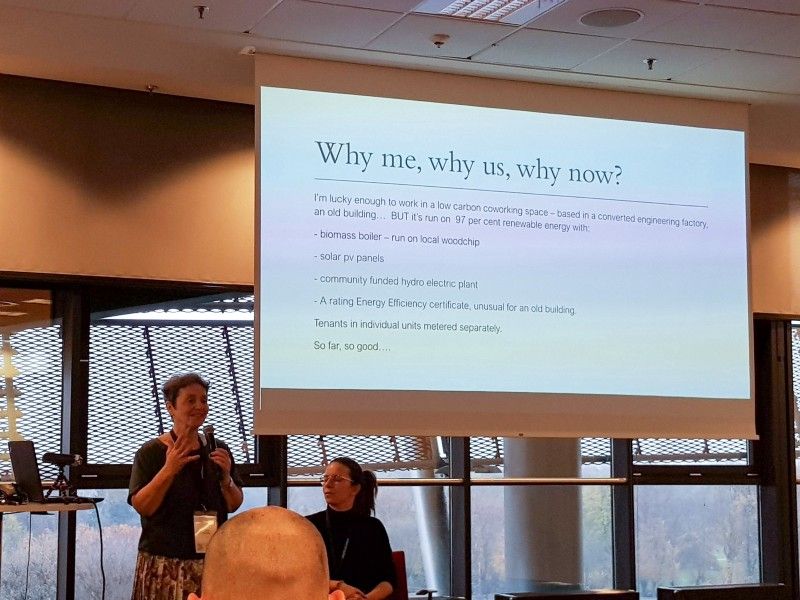
To make a green shift, you need commitment plus technological solutions. That may sound obvious, but it takes a lot of effort to make something both easier and socially preferable. We also sought to tackle this problem, you might have seen our article on ways to build sustainability into your coworking space. Have you got any solutions that your space uses?
The Evening Program
We spend our evenings moving between dinners, parties, and hangouts. As we’ve seen demonstrated over and over, shared food and experiences unifies people, and in our case we had a lot of shared food to bond over! Our Polish colleague took us on a small tour of different food choices and while it was a lot of fun to try some off-the-beaten-path options, we still ended up eating our weight in pierogi.
Evenings are also for team bonding, and while we have a strong “don’t feel obligated to participate if you don’t want to” policy, a few of us ended up whittling away the hours playing one of our favorite team games (Skull) and wandering the streets looking for late-night food.
It wasn’t all fun and games though! Well, okay, it was all fun, but we also found time to attend the Coworking Researchers meetup, hosted by Johanna Voll of the Coworking Library. Their research database about coworking is unparalleled. It’s too much to recap within this post, so stay tuned for a separate debrief of the researchers meetup later.
The Wrap-up
As we usually find, some of the best parts of any conference are in the hallways. This year was no exception. Credit to the organizers for bringing people from all around the world together and giving them the tools to network and build strong connections.
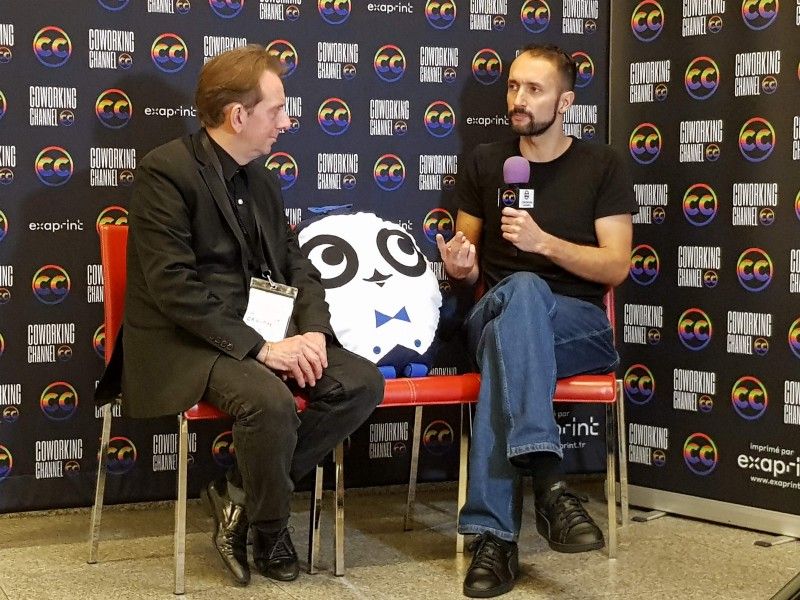
Stay tuned for an interview on the Coworking Channel with our CEO Thilo and the cobot. We talk about what sets Cobot apart, why we love coworking, and some of our inside info on the industry — you won’t want to miss it.
Thanks for another year of good friends and innovative coworking across Europe! Looking forward to seeing which predictions come true next year and how coworking grows in the meantime. Until then, happy coworking!
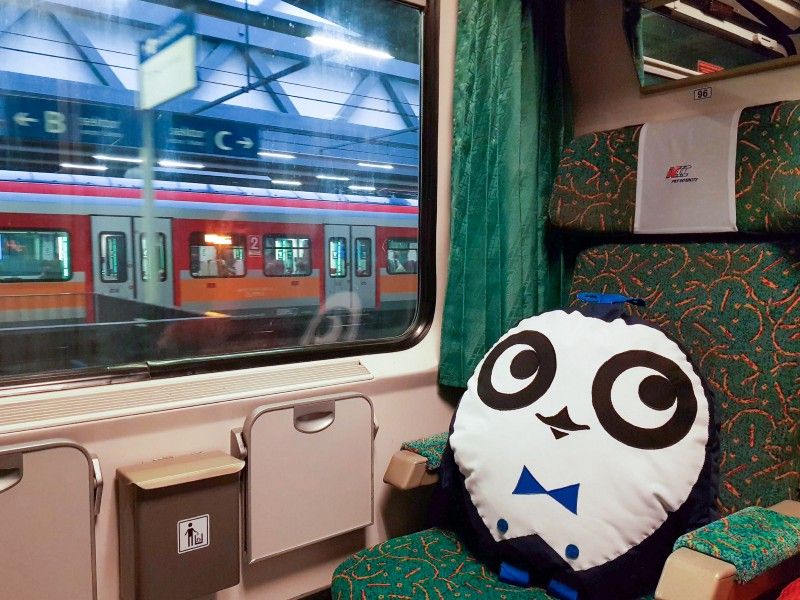
If you aren’t already using Cobot as your coworking management software, give it a go! You’ll find that our features can help you run your coworking space more effectively and grow your community. Just sign up for a free trial or a live demo session. And if you have questions, our support team is all ears!
Happy Coworking!
